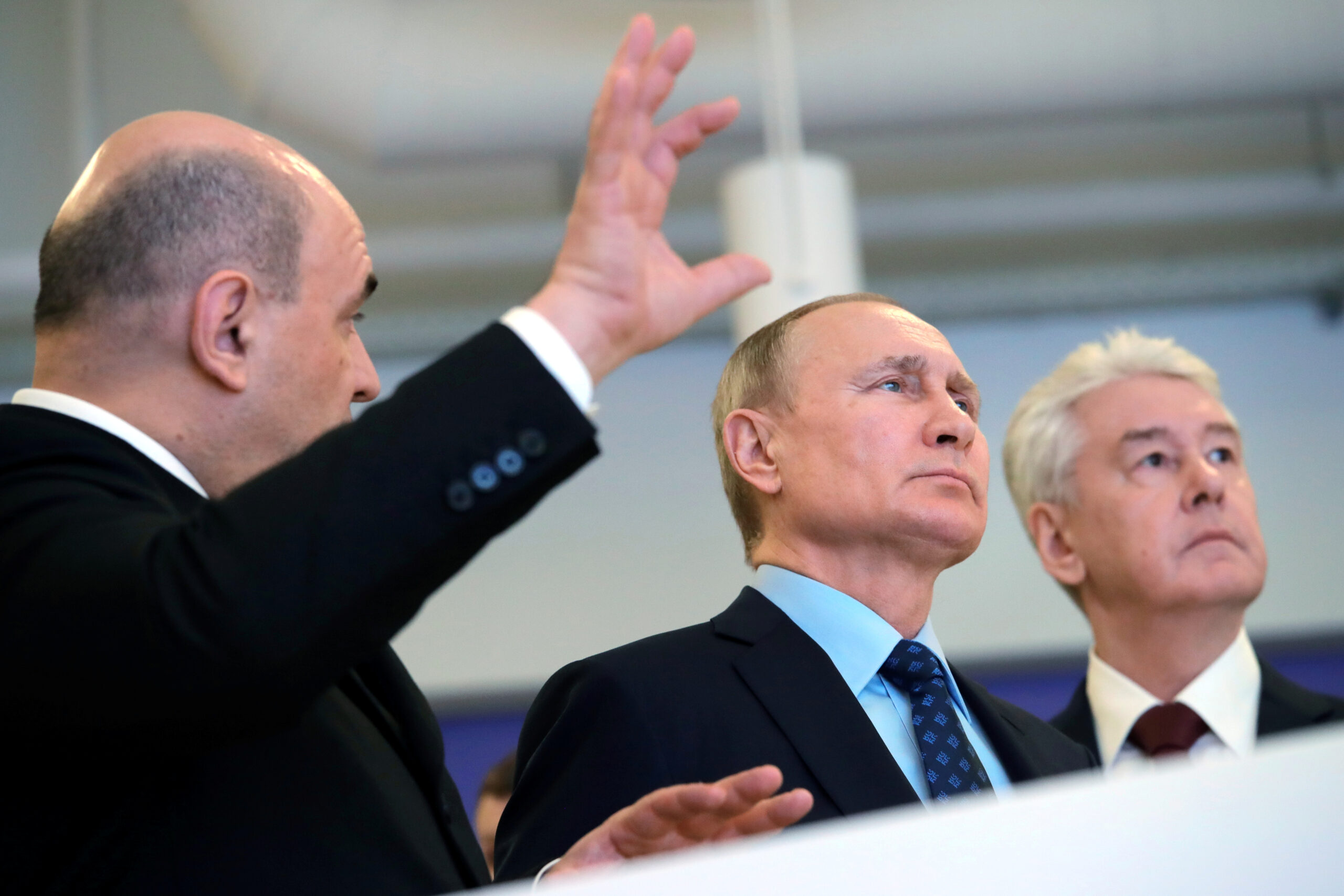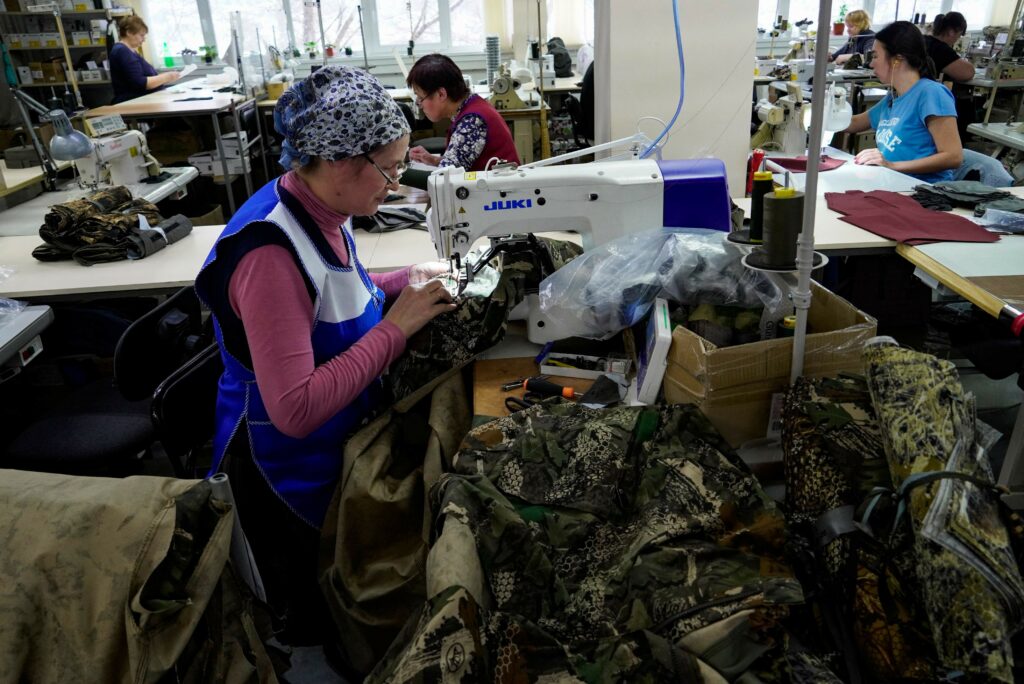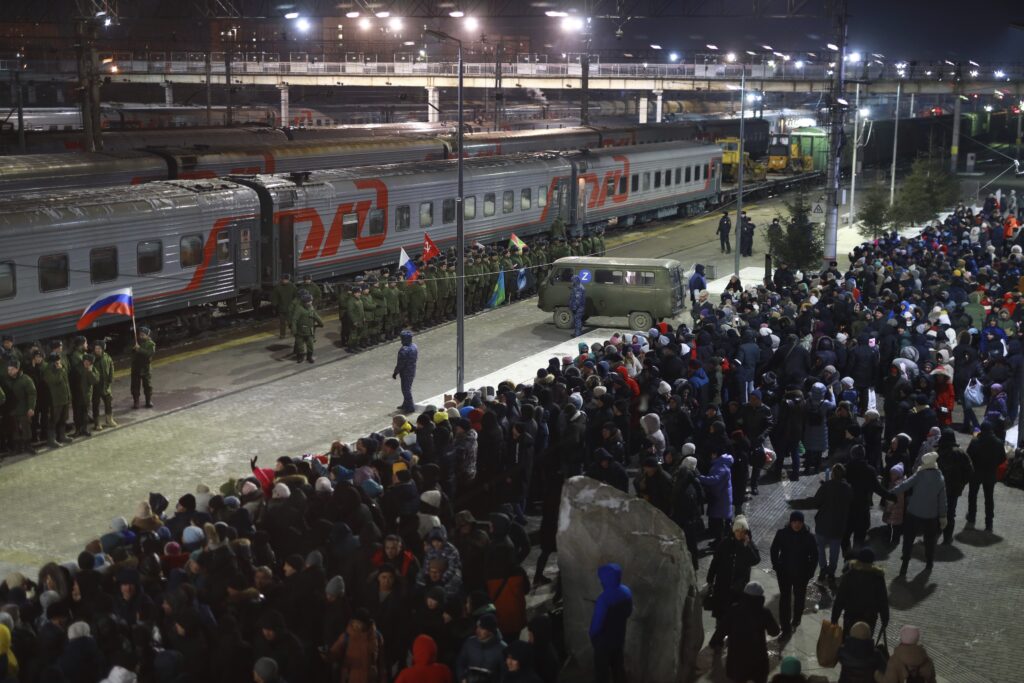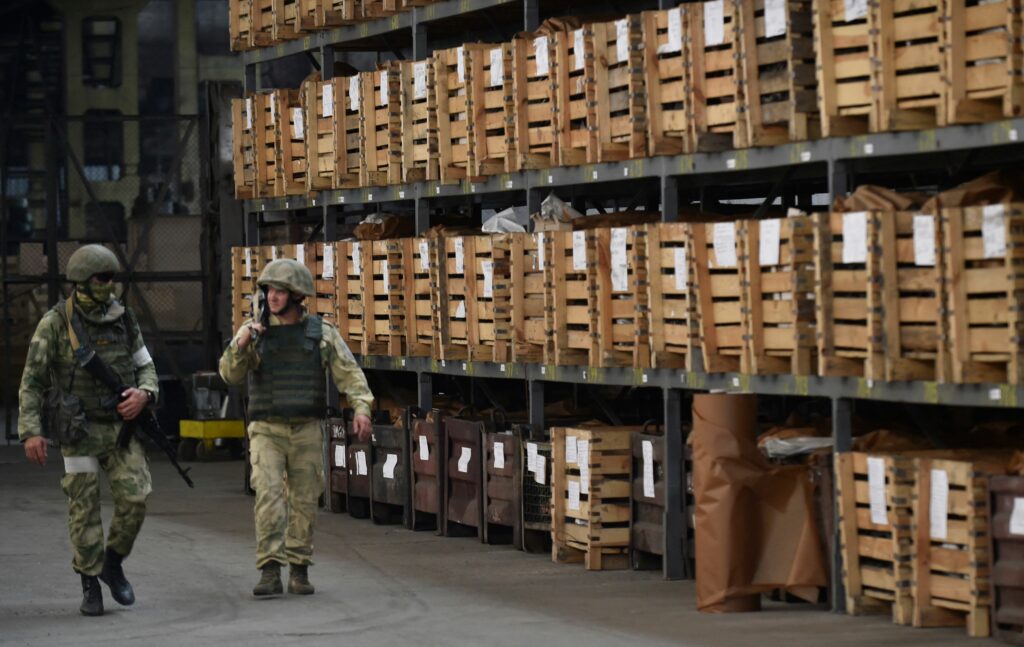Almost from the very beginning of the ‘special military operation’, observers mentioned the possibility of a split among the Russian elites into supporters of a more aggressive military engagement and proponents of a more peaceful resolution of the conflict. According to these observers, such an elite split could at the very least have helped put an end to the hostilities and could have eventually brought down the Russian regime. However, nothing of the sort has happened. Moreover, despite the recent deterioration of the situation on the frontline and the withdrawal of Russian troops from eastern and southern Ukraine, there is no reason to expect a split among the Russian elites in the foreseeable future.
Not all autocracies are the same
The term ‘a split within ruling elites’ became popular among political scientists after 1986, when Guillermo O’Donnell and Philip Schmitter’s book ‘Transitions from Authoritarian Rule‘ was released. Drawing on the collective experience of collapsing autocracies in Southern Europe and Latin America, the book describes a situation where mass protests cause an ideological split within ruling elites into hard-liners — those ready to drown the protesters in blood — and soft-liners. The latter are willing to negotiate a peaceful resolution to the conflict with the opposition. According to O’Donnell and Schmitter, the ideal scenario in such a situation is a pact between soft-liners and a moderate opposition on a transition to democracy. Their thesis seems to have found confirmation in the democratisation of some post-communist countries (e.g. in the case of the round-table negotiations in Poland). The Soviet Union during perestroika also saw a split into conservatives and reformists in its leadership, although it did not lead to any semblance of a ‘pact’ and ended in a failed coup in 1991. In most post-Soviet countries, however, no elite split on ideological grounds was observed, and conflicts within the elites were resolved by other means.
The fact is that in authoritarian regimes a split within elites into two or more relatively stable competing factions is possible only when these regimes are governed through collective leadership. In the Soviet Union after Stalin’s death, the Presidium (later Political Bureau or Politburo) of the Central Committee of the Communist Party of the Soviet Union (hereinafter the Central Committee) was the main decision-making body, and it was during its meetings that splits could be observed. This was the case in 1957, when most members of the Presidium (the ‘anti-party group of Molotov, Malenkov and Kaganovich’) opposed Nikita Khrushchev, who, in turn, managed to retain power, relying on the majority of supporters in the Central Committee. This was also the case in 1964, when the majority in both the Presidium and the Central Committee called for Khrushchev’s resignation. This was also true of the numerous battles that Gorbachev and his milieu waged with those critics within the Politburo and the Central Committee who opposed political liberalisation in 1987−1990. Many of the military regimes whose collapse in the 1970s and 1980s was analysed by O’Donnell and Schmitter also involved collective leadership: many issues were resolved through informal negotiations between key members of military juntas, and some were characterised by rotating political leaders who relied on different segments of the armed forces. The democratisation of such regimes involved a transition to civilian rule and the retreat of the military to their barracks.
Collective leadership is not typical of post-Soviet authoritarian regimes, including the Russian one. Although some analysts have coined catchphrases such as ‘Politburo 2.0′, the nature of Putin’s interactions with his entourage bears little resemblance to the leadership of the Central Committee under Khrushchev or Gorbachev. There are no mechanisms for collective decision-making at the level of the country’s leadership today, and meetings with top officials look more like a demonstration of their approval of decisions made unilaterally by the head of state (recall, for example, the meeting of the Russian Security Council on the eve of the launch of the ‘special military operation’ in February 2022). Rather, such mechanisms of governing the country resemble a kind of a solar system where individual planets rotate in different orbits, more or less distant from a single celestial body. No split is possible within such a governance system: an individual planet may divert from its orbit, but collective action by the planets against the celestial body is hardly possible.
Barriers to collective action
A split implies that different segments of the elites are cooperating with one another. In the Russian case, however, no regular cooperation, let alone cooperation based on common political views, is possible. The representatives of the ruling elite are co-opted personally by the head of state on an individual basis. Of course, they may have a common interest in the struggle for some influential positions, for the reallocation of financial resources, or on some other issues. However, such alliances and coalitions are organised on an ad hoc basis and represent not organised factions but rather short-lived cliques whose interests sometimes coincide and sometimes contradict each other. When, for example, Evgeny Prigozhin openly criticizes St Petersburg Governor Alexander Beglov or Defence Minister Sergei Shoigu, these conflicts are not indicative of an elite split, these are squabbles over rent redistribution. Such contradictions do not undermine the personalist regime but, on the contrary, bolster it, providing the head of state with considerable room for manoeuvre and the opportunity to act as an arbiter between different players, in line with the principle of ‘divide and rule’.
This is not to say that all Russian elites unconditionally support Putin’s military invasion. On the contrary, there are widespread reports of their discontent with the actions of the head of state. But such dissent is subtle: the fall from grace of Dmitry Kozak, the Deputy Kremlin Chief of Staff who was previously in charge of the policy on Ukraine, or the absence of public militaristic rhetoric on the part of Prime Minister Mikhail Mishustin or Moscow Mayor Sergey Sobyanin is more a sign of caution on their part rather than a desire to go against the tide. At the same time, there have been few high-profile resignations among dissenters, and those that did take place went largely unnoticed (it’s hard to consider Anatoly Chubais a significant player today). But most importantly, there is an enormous gap between individual dissent and collective action.
Just as ordinary Russians who disapprove of the ‘special military operation’ are not very inclined to engage in collective protests, against the backdrop of reprisals from the state, so the elites are not inclined to risk their position and take collective action against Putin. From their point of view, individual risks associated with the threat of punishment for disloyalty clearly outweigh all the collective costs incurred by the elites due to Russian military aggression. Moreover, the elites have grounds to doubt that collective action can bring about the change they desire. Therefore, a negative consensus that alternatives to the current status quo appear unrealistic and/or undesirable can be maintained over the long term without any threat to regime stability.
What could shake the current equilibrium and encourage the Russian elites to act collectively? Unlike Latin American military dictatorships, where trade unions were the main driving force behind mass protests, in today’s Russia opposition was trampled on long before 24 February. And even the noticeable protests against the mobilisation of Russians have been local. Such protests have so far been unable to create incentives for open dissent among the elites. As for the grave situation in the war zone (which has not yet reached the stage where Russian troops have been defeated), it in itself stimulates activism on the part of the militarist cohort of the elites but by no means on the part of those who advocate an end to the hostilities. While members of the opposition may make a Leninist call for the defeat of their own government and cooperate with the enemy to achieve their goals, for the ruling elites such tactics are unacceptable. The chances of organised collective action by the Russian elites against the ‘special military operation’ are therefore extremely slim and doomed to remain so in any war scenario.









